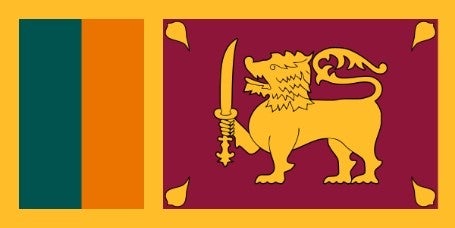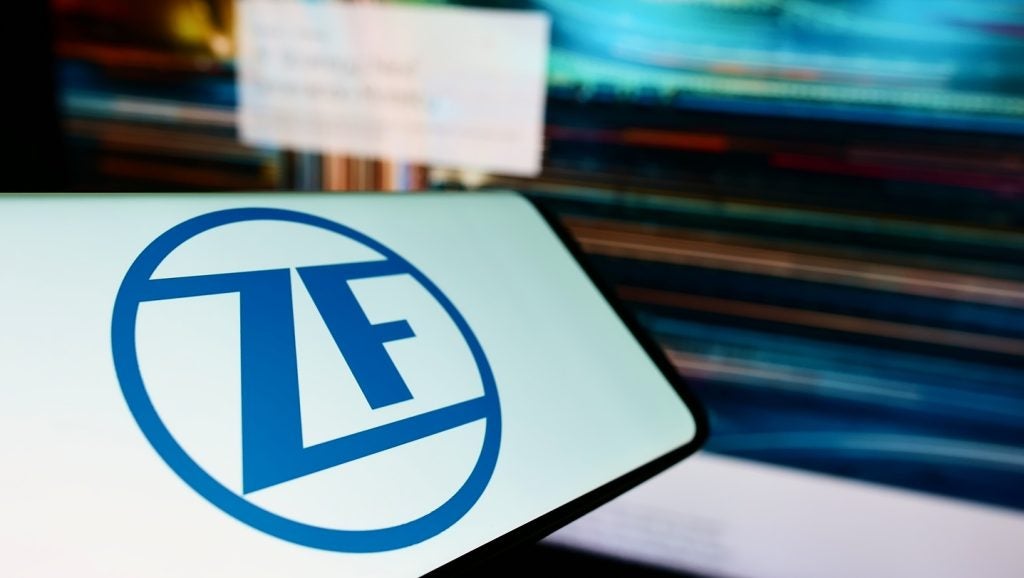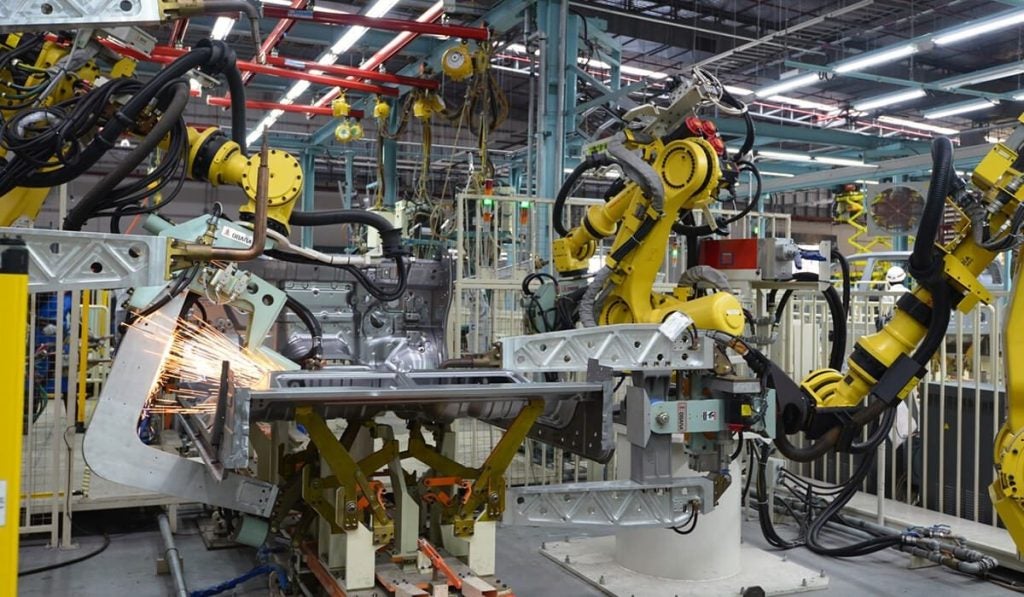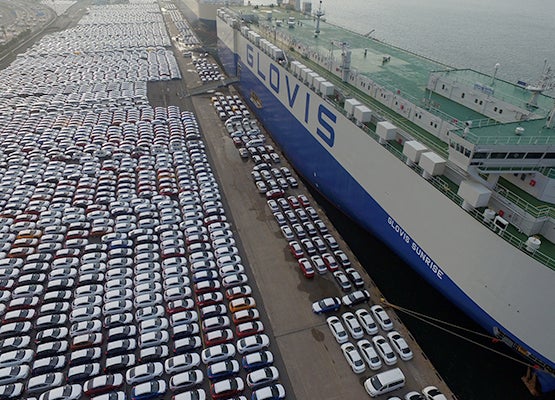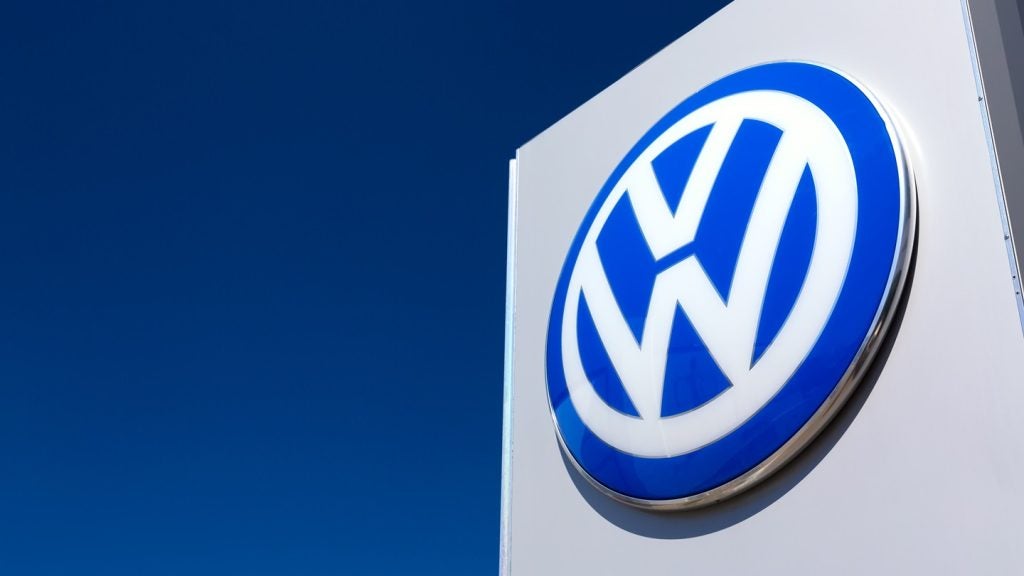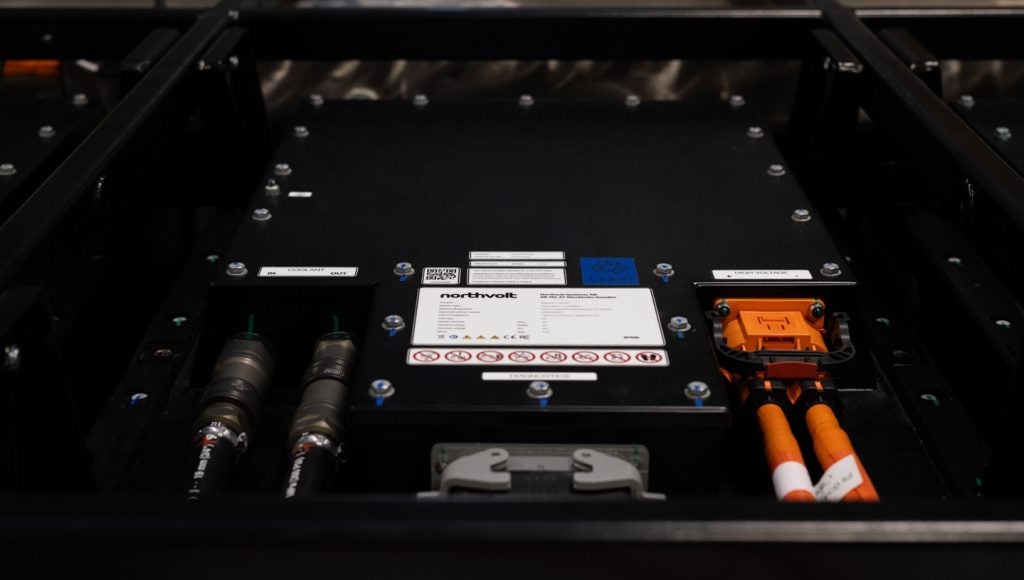The Sri Lankan government this week confirmed it will lift its ban on vehicle imports into the country this year, as it looks to increase its import tax revenues and improve public finances.
The government introduced the ban in 2020, to help it conserve foreign exchange reserves during the Covid pandemic when international travel came to a halt. The country later defaulted on its US$46 billion foreign debt.
With up to 300% import duties applied to passenger cars pre-pandemic, Sri Lanka has missed out on significant tax revenues since the ban was introduced.
Lifting the ban would help the government to meet its tax revenue target under its International Monetary Fund (IMF) bailout agreement, set at 15% of GDP – up from 7.3% in 2022.
Sri Lanka’s newly-elected President Anura Kumara Dissanayake said during his 2025 budget presentation to Parliament earlier this week: “For the year 2025, the bulk of revenue gains is expected to be delivered by the liberalisation of motor vehicle imports”, adding “this process will be carefully monitored to ensure that the import of vehicles does not result in undue negative impacts on external sector stability.”


